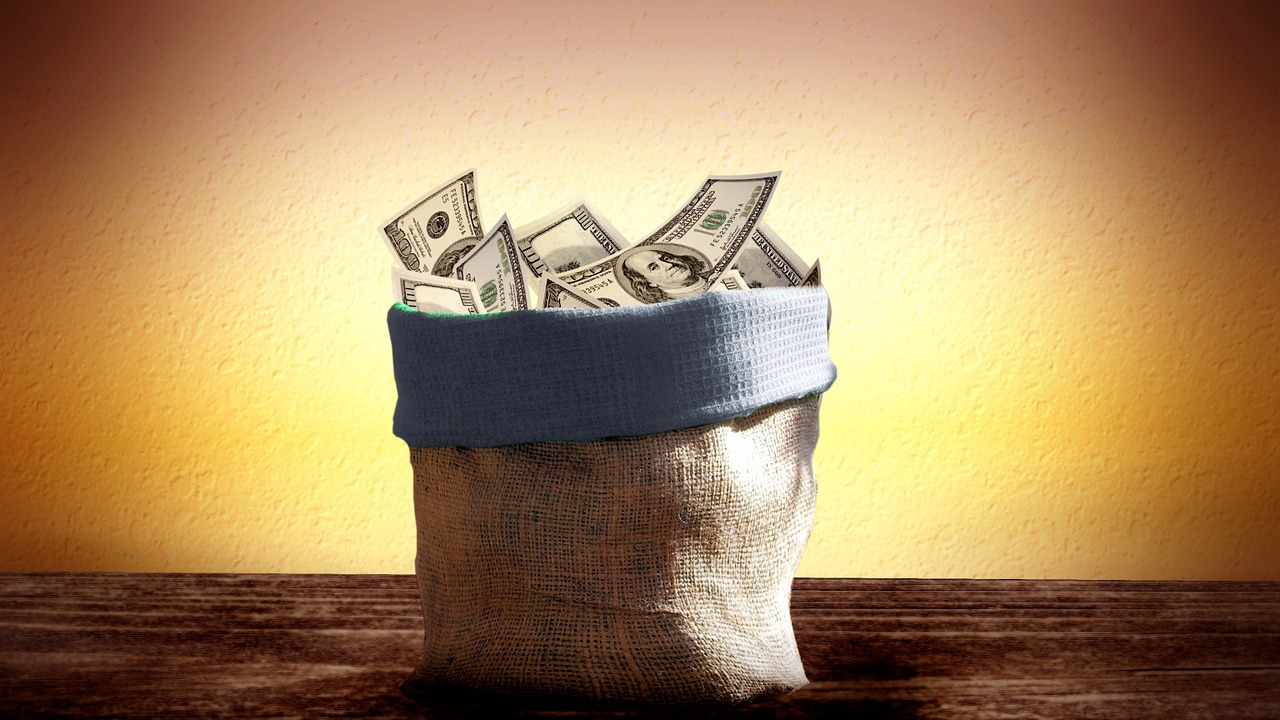As the New Year approaches, many individuals consider making resolutions about their personal financial health. However, when people are getting started, they may feel at a loss. In the end, resolving to be more responsible financially may not work out if you do not know why you’re finances ran into trouble in the first place.
A better way to make personal finance resolutions is to focus on one particular, actionable item that can inform how you save and spend. Since the topic of personal finance is so broad, however, picking just one actionable item to focus on can prove difficult. Below is a look at some examples of resolutions that you may want to consider making to improve your personal finances.
-
Prioritize Debt Payoff
 Since not all debts are created equal, it can be beneficial to prioritize those with the highest interest rates and focus on paying them off first. At the beginning of the New Year, you can create a master list of all liabilities and determine the interest rates of each. After required minimum payments are made, any extra money should go toward paying off high-interest debt, which is usually credit card debt.
Since not all debts are created equal, it can be beneficial to prioritize those with the highest interest rates and focus on paying them off first. At the beginning of the New Year, you can create a master list of all liabilities and determine the interest rates of each. After required minimum payments are made, any extra money should go toward paying off high-interest debt, which is usually credit card debt.
Typically, it makes more sense to pay off credit cards, which often carry an interest rate of more than 15 percent, than to invest money, which will not have the same return. Individuals may also want to consider selling savings bonds, certificates of deposit, and other cash holdings to pay off high-interest debt as quickly as possible.
The gains on these investments typically comes nowhere close to the interest paid on credit card debt of an equivalent amount. For example, a $10,000 debt on a credit card may be charged at a 15-percent rate, while a certificate of deposit will likely only pay 4 percent on an investment of $10,000.
-
Read One Financial Book a Month
People do not always appreciate the knowledge available in books about finance. Many personal finance books were written by some of the best investors in history. Their ideas, techniques, and approaches live on in their writings.
By reading one book a month, even a short one, you will quickly get a much better hold on your finances – especially as you begin to implement what you learn. Start with basic books to provide a solid foundation and then move into texts that look at specific areas, such as building an investment portfolio.
Some of the most common titles for beginners include One Up on Wall Street, The Intelligent Investor, and Common Stocks and Uncommon Profits, although people should feel free to look for additional titles or check out some of the online lists of best financial books to get some ideas.
-
Give Money Away
One of the biggest issues that many people face is becoming jaded about the true value of money. The best way to be reminded of how much money is actually worth is to give it away. A resolution that may address this is to take a small amount of cash, perhaps $20 each week, and use it for random acts of kindness, such as buying a meal for a person who is hungry or paying for someone’s bus fare.
These acts will make lasting impressions on the individuals they benefit and show people just home much a small amount like $20 is worth to someone in need. Then, next time that you are tempted to spend $20 on an unnecessary item, you may think twice about how best to use the money.
-
Open an IRA
 An individual retirement account (IRA) can be an essential part of preparing for retirement. If you open an account early, you will have even more money to support yourself after you choose to stop working. Thus, people of working age should open an account, even if they cannot afford to put a lot of money into it. Even $100 monthly will quickly add up and then grow exponentially over time.
An individual retirement account (IRA) can be an essential part of preparing for retirement. If you open an account early, you will have even more money to support yourself after you choose to stop working. Thus, people of working age should open an account, even if they cannot afford to put a lot of money into it. Even $100 monthly will quickly add up and then grow exponentially over time.
Two different types of IRAs exist: Roth IRAs and traditional IRAs. With a traditional IRA, contributions are made with pre-tax dollars, meaning that individuals do not pay taxes until they actually make withdrawals from the account. With a Roth IRA, deposits are made with post-tax dollars, which means that income tax is due upon withdrawal.
If individuals do not know which kind of account is best for them, they can talk to an accountant or a financial planner. Also, a number of guides exist online for choosing between the two.
-
Close Accounts That You Do Not Need
People choose to leave dormant accounts open for a number of reasons. Sometimes, they are simply too lazy to close them, or they may forget that the accounts even exist. Other times, individuals fear that they may need the account as soon as they close it.
In general, it is better to close when in doubt than to keep an account open. Banks and financial institutions will find dozens of ways to charge individuals, even if the accounts are not being used. Unneeded accounts could end up costing individuals a significant amount over the long run.
A checking account that charges $8 monthly will cost nearly $100 per year when accounting for taxes. In addition to closing unnecessary accounts, individuals who pay for necessary accounts should look for cheaper alternatives. Many institutions now have free options.
Beyond checking and savings accounts, unnecessary accounts may also include credit cards. People often open store credit cards to get special deals and then just leave them open, but this can actually hurt their credit scores. If a card goes unused, then it is not necessary.

